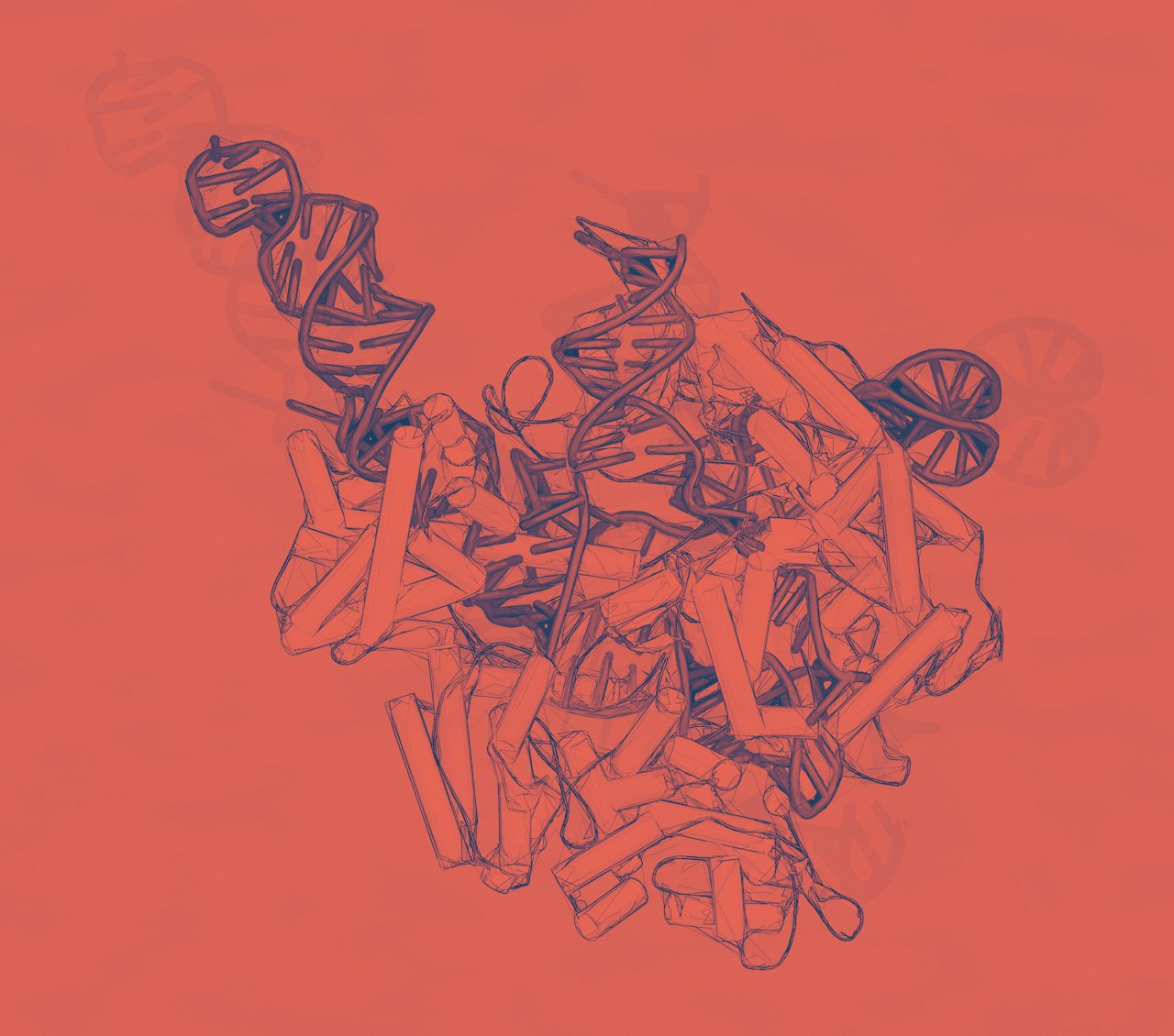Researchers from Oregon Health and Science University have accurately “edited” human embryos carrying genetic disease without causing errors or additional mutations for the first time, according to a report published in Nature, a major milestone for modern genetics.
The technology, if perfected, could be used to eradicate terminal genetic diseases. “It feels a bit like a ‘one small step for (hu)mans, one giant leap for (hu)mankind’ moment,” gene editing pioneer Jennifer Doudna, who was not involved in the study, told the New York Times.
The next step would be to start clinical trials that would involve implanting an embryo into a woman and studying the child. This is dicey territory in the U.S., where laws restrict research using human embryos. Gene editing has also stoked fears about “designer babies,” causing U.S. intelligence to place it on a list of potential weapons of mass destruction last year.
It's unclear if the FDA will allow regulated clinical trials in the method to proceed, but the lead researchers are hopeful. If not, biologist Shoukhrat Mitalipov said they would be “supportive of moving this technology to different countries” such as those in the U.K., where germline editing — editing genes in a way that passes the changes on to the offspring — was recently legalized. The techniques have been banned in more than 40 countries, including most of Western Europe, and UNESCO has called for a wide-ranging ban over ethical concerns.
